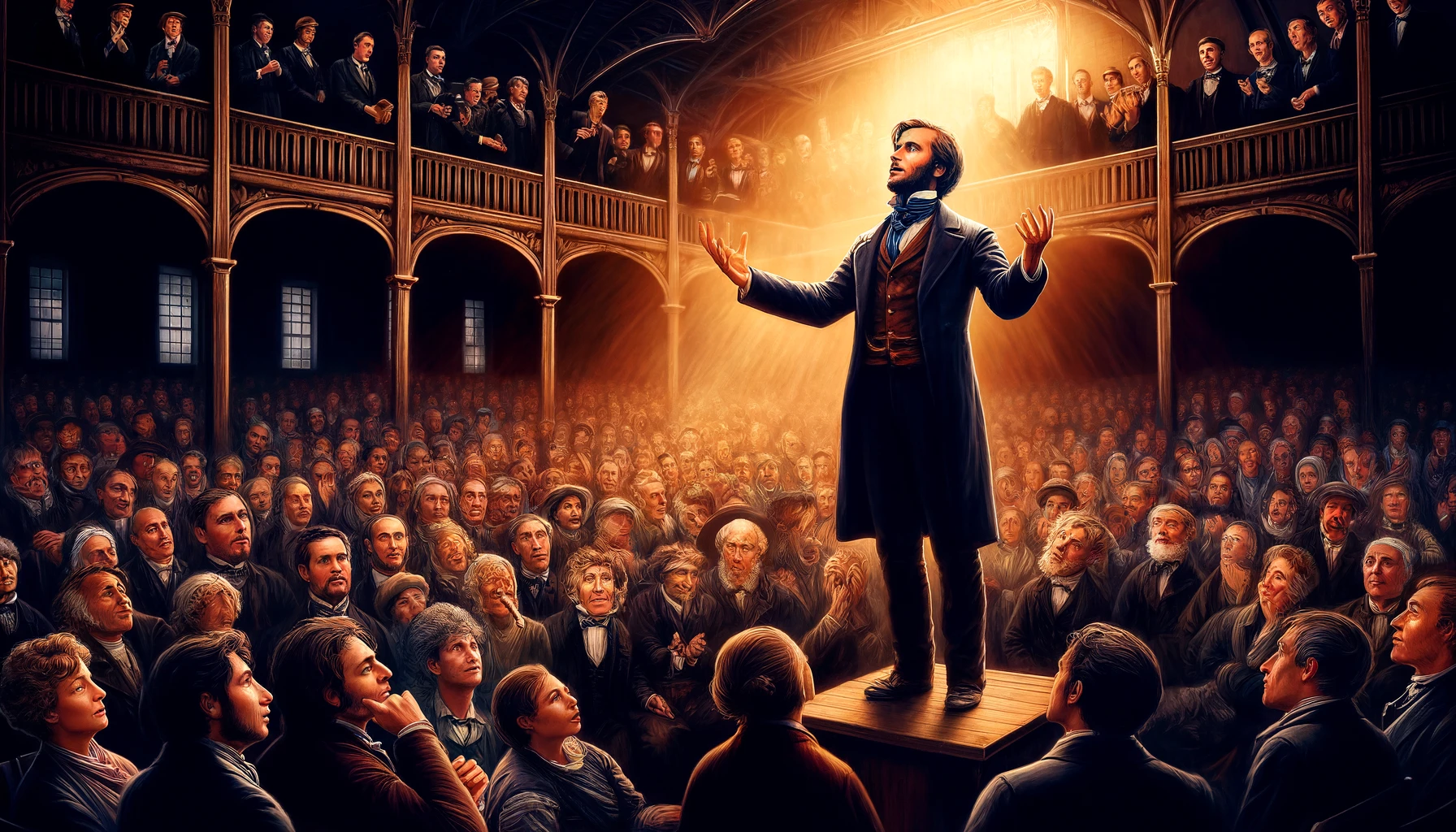- Published on
Ferdinand Berthier: Champion of Sign Language in Deaf Education
In the rich tapestry of deaf history, few threads are as vibrant as the advocacy of Ferdinand Berthier, a pioneering figure who championed the use of sign language in an era dominated by oralism. This blog post explores the contrasting educational approaches for the deaf in the 19th century, focusing on Berthier's dedication to French Sign Language (LSF) against the prevailing winds of oralism. Through this analysis, we uncover how these foundational debates continue to influence deaf education today.

A Tale of Two Philosophies: The Battle Between Sign Language and Oralism in the 19th Century
The 19th century marked a critical period in deaf education, characterized by a significant philosophical divide. On one side were advocates like Berthier, who embraced sign language as a natural, expressive means of communication intrinsic to deaf culture. On the other, proponents of oralism argued for a speech-centric approach that discouraged signing in favor of lip-reading and vocal training, aiming to integrate the deaf into the hearing world.
Born deaf in 1803, Berthier became a luminary at the Royal Institute for Deaf-Mutes in Paris, where he later taught. His education and experiences shaped his lifelong commitment to advocating for the rights and recognition of the deaf community through the use of LSF.
More Than Words: Berthier's Crusade for Cultural Recognition through Sign Language
Berthier's advocacy was not just about education; it was a broader call for cultural recognition. In 1838, he founded the Société Centrale des Sourds-muets, the first deaf-led organization of its kind. Through this society, Berthier published numerous works and organized events that celebrated deaf culture and sign language, solidifying a communal identity among deaf individuals.
His written works often challenged the prevailing norms, arguing passionately for the use of sign language as essential to the intellectual and social development of deaf individuals. Berthier's efforts were revolutionary, presenting sign language not just as a communication tool, but as a cultural heritage that deserved recognition and preservation.
Silenced Signs: The Rise of Oralism and Its Impact on Deaf Education
The oralism approach gained international prominence following the infamous Milan Conference of 1880, where a resolution was passed advocating for the exclusion of sign language in educational settings. This period marked a significant setback for sign language education, as oralism became the standard practice in many schools for the deaf across the globe.
The impact of oralism was profound and often detrimental. Many deaf individuals educated under this system reported feelings of isolation and inadequacy due to the intense focus on oral skills, which many found difficult or impossible to master. The suppression of sign language deprived them of access to a natural means of communication, often leading to limited academic and social development.
Contrasting Paths: Evaluating the Long-Term Effects of Sign Language and Oralism in Education
When comparing the two approaches, it becomes evident that students who received education in sign language often had richer social interactions and a stronger sense of identity connected to a shared culture. In contrast, oralism, while aiming for integration, frequently resulted in the marginalization of those it intended to help.
Modern research supports the efficacy of bilingual education models that incorporate both sign language and written/spoken language, advocating for an approach that Berthier might have supported. These programs respect the cultural and linguistic identity of deaf individuals while providing them the tools to navigate the broader world.
Echoes of Advocacy: How Berthier’s Vision Shapes Modern Deaf Education
Today, Berthier’s legacy is evident in the resurgence of sign language in educational policies and the growing recognition of deaf culture. His early efforts laid the groundwork for a broader movement that continues to advocate for the rights and recognition of the deaf community.
As we reflect on Berthier’s contributions and the ongoing debates in deaf education, it becomes clear that understanding and respecting linguistic diversity is crucial in crafting effective educational policies. The lessons from Berthier's time remain relevant as educators and policymakers strive to create inclusive environments that cater to the needs of all students.
From Past to Present: Carrying Forward Ferdinand Berthier's Vision for Deaf Advocacy
Ferdinand Berthier’s life and work offer profound lessons in advocacy, resilience, and the enduring power of community. As we move forward, let us remember his dedication to the cause of deaf education and continue to strive for a world that embraces all forms of communication and cultural expression.